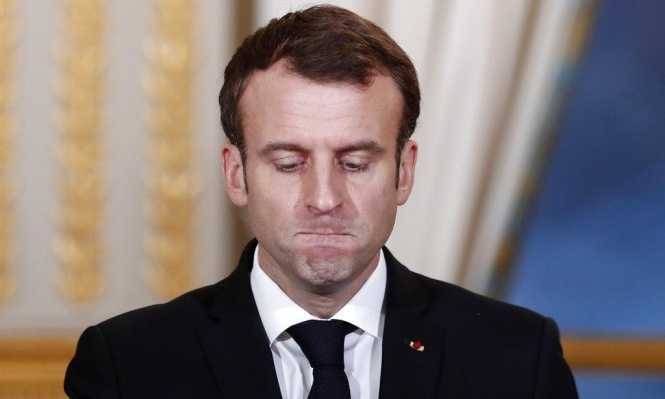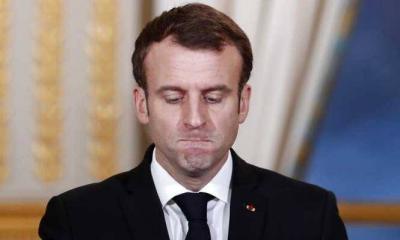In a significant crisis, French President Emmanuel Macron has lost his absolute parliamentary majority in the National Assembly. This is an unenviable position for the president of France, who returned to the presidential office for a second time, now exposed after last Sunday’s elections, stripped of his power elements. He has become hostage to the decisions of both the far right and the left, which made considerable gains. This situation could compel him to dissolve parliament within a year if he fails to implement his program and reforms.
Although French government spokesperson Olivia Grégoire stated, "Dissolving the National Assembly is not on the table at the moment," concerns about paralysis persist, complicating his ability to govern, especially following the defeat of several ministers in the parliamentary elections. French Prime Minister Élisabeth Borne noted that the election results pose a danger to the country.
Results released by the Ministry of the Interior after the second round of legislative elections showed that Macron's "Together" coalition secured 245 of the 577 seats in the National Assembly, compared to 131 for the leftist coalition led by Jean-Luc Mélenchon, and 89 for the far-right "National Rally" party. The center-right "Republicans" and their allies obtained 61 seats, while a majority requires 289 seats.
This disappointing result for Macron is a political setback when compared to the overwhelming victory in the 2017 elections when his party "La République En Marche!" and its centrist ally, the Democratic Movement, won 350 seats, against 17 for Mélenchon's "La France Insoumise," and 8 seats for the National Rally.
To address the new reality and its repercussions, Macron initiated a round of consultations this morning with parliamentary blocs to gauge their interest in participating in the government to fill the vacancies left by his ministers. He seeks to explore potential alliances with independents and Republicans to possibly continue his agenda and projects. According to diplomatic sources, he will have to negotiate with both right and left blocs through the centrist group to embark on a new challenging phase, which he may or may not overcome, depending on the policies he adopts that require significant flexibility.
The aftermath of this presidential defeat will not only impact France internally but will also resonate externally, affecting France's policies towards Arabs, Gulf states, and the West. If Macron wishes to continue building alliances in the Gulf and the Eastern Mediterranean, he will need to reassess some of his positions, particularly regarding Russia in light of the crisis with Ukraine.
The parliamentary election results necessitate a new political trajectory for the French President, leading to a fundamental change in his political program and intensive consultations with parliamentary blocs. Will he succeed in navigating these pitfalls, or will he hit a dead end?




